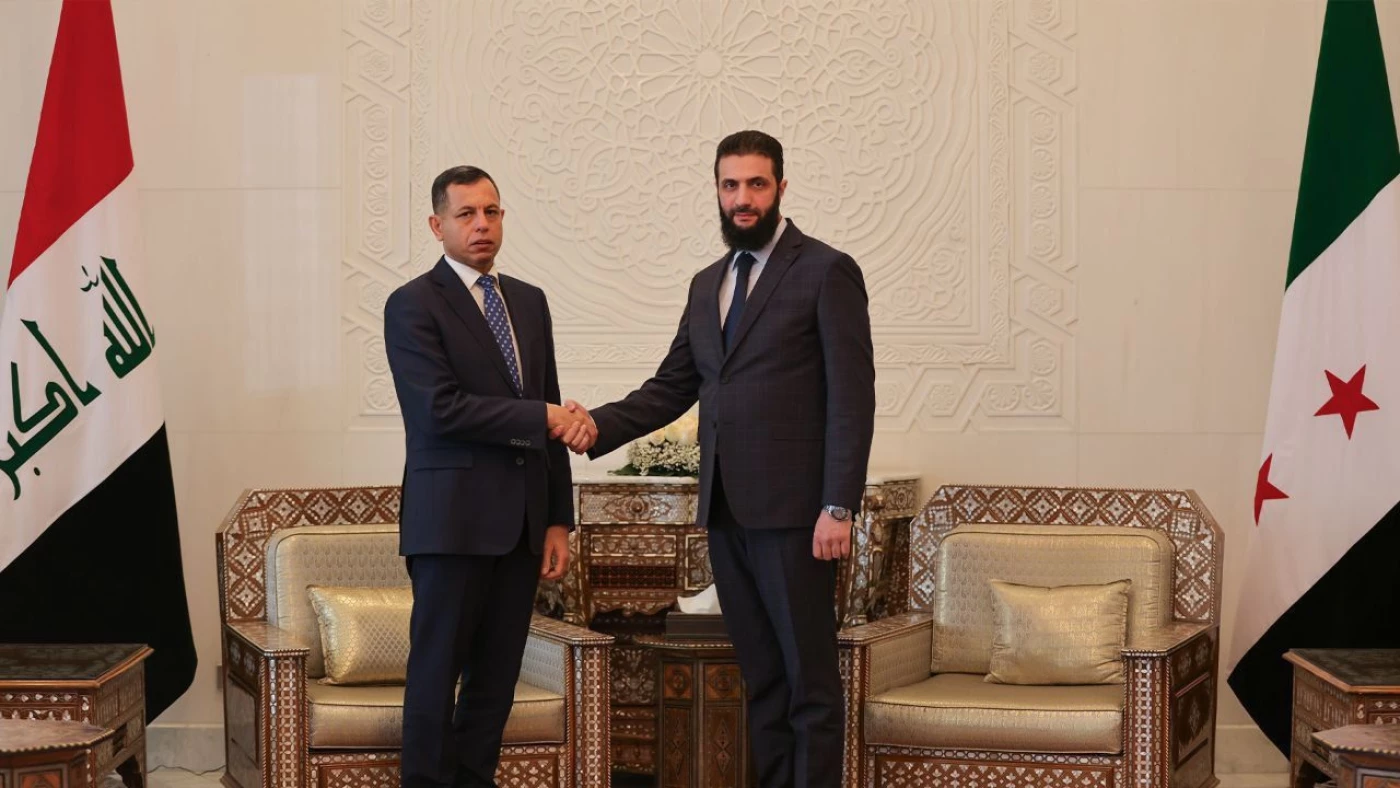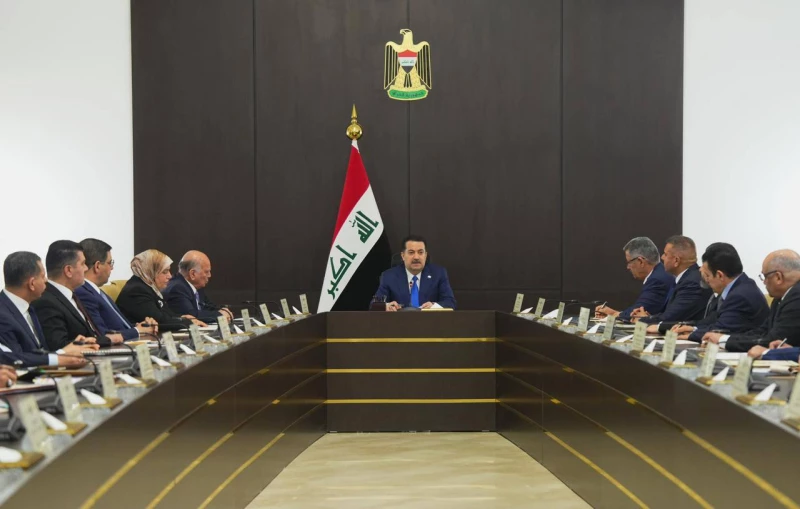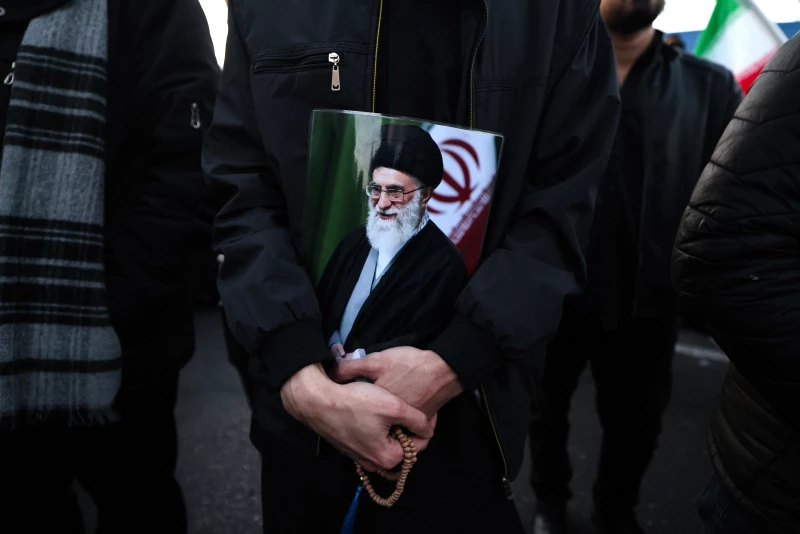ERBIL, Kurdistan Region of Iraq - For the first time since the ouster of Bashar al-Assad following a lightning Islamist-led offensive, a top Iraqi government delegation arrived in Damascus to meet with the country’s new administration, discussing regional developments and border security.
The Iraqi delegation led by Hamid al-Shatri, head of the National Intelligence Service on Thursday, met with Ahmed al-Sharaa and Syrian government officials, Basim al-Awadi, the Iraqi government spokesperson confirmed.
“The Iraqi delegation discussed developments on the Syrian scene and the requirements for security and stability on the common border between Iraq and Syria,” Awadi said.
An 11-day sweeping rebel offensive spearheaded by Hay’at Tahrir al-Sham, and led by Sharaa brought a five-decade-long rule of the Assad family to an end on December 8.
Soon after the Damascus regime's downfall, opposition groups formed an interim government that would last until March 1 under Mohammed al-Bashir's leadership. Top officials from many countries worldwide visit Damascus daily to meet with the country’s new rulers.
An Iraqi government official told The New Region that Shatri visited Damascus to "convey an official message that includes Iraq's position on the developments there."
Iraq, which strongly backed Assad and fiercely supported him until his very last moments as the president, has previously said that it cannot engage with the armed groups currently in charge of the neighboring country, but would work with a Damascus government that respects international norms.
The Syrian rebel’s 11-day blitz, which led to the ouster of Assad, sparked concerns among the Iraqi public and authorities over the conflict’s potential repercussions on Iraq. Hence, Baghdad has deployed armored units to fortify Iraq’s borders with Syria, carrying out regular patrols across the border.
The new Syrian authorities, including Sharaa, who have moderated their rhetoric since assuming power, have repeatedly tried to reassure the people and government of Iraq that they would not pose a threat to Iraq or other countries in the region, adding that they were committed to strengthening "brotherly ties" with Baghdad and working toward shared interests.
Mukhtar al-Moussawi, an Iraqi parliamentarian, previously told The New Region that “Iraq, without a doubt, cannot engage with the armed groups currently controlling Syria, as they are classified as terrorist organizations.”
Moussawi also said that Sharaa has death sentences in Iraq due to his involvement in "various terrorist activities.”
Shar’a joined al-Qaeda in Iraq in 2003 just weeks before the American invasion and quickly rose through the group’s ranks. He was arrested by US forces in Iraq in 2006 and imprisoned for over five years. His release in 2011 coincided with the start of the Syrian civil war, and he would go on to form Jabhat al-Nusra, the Syrian branch of al-Qaeda, after reaching an agreement with Abu Bakr al-Baghdadi, Emir of the Islamic State (ISIS).
Ali al-Tamimi, an Iraqi legal expert told The New Region that the death sentence against Sharaa is “legally valid.”
“The death sentence remains in effect and will not be dropped except by the judiciary or the court, indicating that this sentence does not have any real impact at present,” he detailed.



 Facebook
Facebook
 LinkedIn
LinkedIn
 Telegram
Telegram
 X
X


